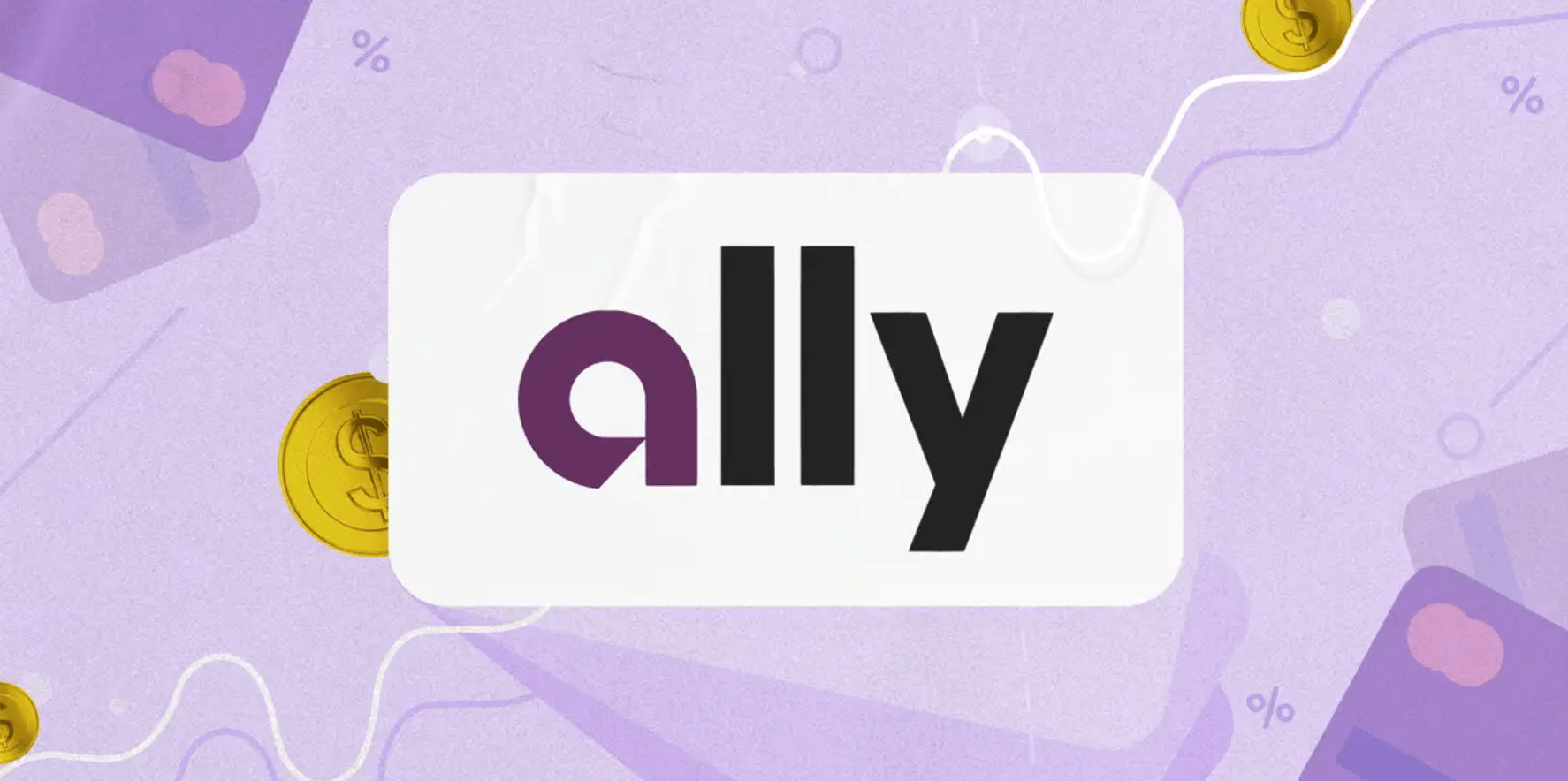In the complex world of personal finance, few numbers hold as much significance as the credit score. A 720 credit score is often deemed a gold standard, opening doors to financial opportunities that may otherwise remain locked. Let’s dive into the intricacies of this magical number and explore how it can shape your financial landscape.
I. Introduction
A. Definition of a 720 Credit Score
A 720 credit score is a numerical representation of an individual’s creditworthiness. It falls within the range of 700 to 749, categorizing it as a good credit score.
B. Importance of a Good Credit Score
A good credit score is not just a bragging right; it’s a powerful tool that can significantly impact your financial life. From securing low-interest rates on loans to increasing your chances of approval for various financial products, a 720 credit score is a key to financial prosperity.
II. Understanding Credit Scores
A. Basics of Credit Scoring
Credit scores are generated based on various factors, providing a snapshot of your creditworthiness. Understanding these basics is crucial to comprehend the significance of a 720 credit score.
B. Components Affecting Credit Scores
1. Payment History
One of the most influential factors, your payment history reflects how consistently you’ve met your financial obligations.
2. Credit Utilization
This ratio compares your outstanding credit balances to your available credit and plays a vital role in credit scoring.
3. Length of Credit History
The longer your credit history, the more data lenders have to assess your financial behavior.
4. Types of Credit in Use
A diverse credit portfolio, including credit cards, mortgages, and installment loans, can positively impact your score.
5. New Credit
Frequent credit inquiries and opening multiple new accounts can negatively affect your credit score.
III. Benefits of a 720 Credit Score
A. Access to Better Interest Rates
Individuals with a 720 credit score are often eligible for lower interest rates on loans, saving significant money over time.
B. Higher Chances of Loan Approval
Lenders view a 720 credit score as a sign of reliability, increasing the likelihood of loan approvals.
C. Lower Insurance Premiums
Insurance companies may offer lower premiums to individuals with a proven track record of responsible financial behavior.
D. Increased Negotiating Power
A 720 credit score provides leverage when negotiating terms on various financial products, from credit cards to mortgages.
IV. Tips to Achieve and Maintain a 720 Credit Score
A. Pay Bills on Time
Timely payments have a direct and positive impact on your credit score.
B. Manage Credit Utilization
Keep credit card balances low to maintain a healthy credit utilization ratio.
C. Maintain a Diverse Credit Mix
A well-rounded credit portfolio showcases your ability to manage various types of credit responsibly.
D. Avoid Opening Too Many New Accounts
Frequent account openings can signal financial instability, affecting your credit score negatively.
E. Regularly Check and Dispute Inaccuracies on Credit Reports
Monitor your credit reports for errors and dispute any inaccuracies promptly to maintain an accurate credit profile.
V. Common Mistakes That Impact Credit Scores
A. Late Payments
Late payments, even by a few days, can have a detrimental effect on your credit score.
B. High Credit Card Balances
Maxing out your credit cards or carrying high balances can negatively impact your credit utilization ratio.
C. Closing Old Accounts
Closing old accounts shortens your credit history, potentially lowering your credit score.
D. Applying for Too Much New Credit
Frequent credit inquiries can signal financial distress and impact your credit score negatively.
VI. Strategies to Improve a Credit Score
A. Creating a Budget
A well-planned budget can help you manage your finances effectively and avoid late payments.
B. Setting Up Automatic Payments
Automate your bill payments to ensure they are always made on time, positively impacting your payment history.
C. Negotiating with Creditors
If facing financial challenges, don’t hesitate to negotiate with creditors to establish more manageable repayment plans.
D. Seeking Professional Help if Needed
Credit counseling services can provide expert guidance in improving your credit score.
VII. Real-Life Success Stories
A. Personal Anecdotes of Individuals Improving Their Credit Scores
Real people share their experiences of turning their credit scores around and achieving financial success.
B. Lessons Learned and Tips Shared
Extract valuable lessons and practical tips from those who have successfully navigated the journey to a 720 credit score.
VIII. The Road to Financial Freedom
A. Linking a Good Credit Score to Overall Financial Health
Understanding that a good credit score is not just a number but a reflection of sound financial habits.
B. Long-Term Benefits of Maintaining a Strong Credit Score
Exploring how a 720 credit score can contribute to long-term financial stability and success.
IX. Frequently Asked Questions (FAQs)
A. What is Considered a Good Credit Score?
A credit score above 700 is generally considered good, with 720 being particularly favorable.
B. Can a 720 Credit Score Be Achieved Quickly?
Improving a credit score takes time and consistent financial responsibility. Quick fixes are rare.
C. How Often Should I Check My Credit Score?
Regularly monitoring your credit score is advisable, at least once a quarter.
D. What Factors Can Negatively Impact a Credit Score?
Late payments, high credit card balances, and frequent credit inquiries can all negatively impact a credit score.
E. Is It Possible to Have a Perfect Credit Score?
While exceedingly rare, a perfect credit score of 850 is theoretically possible with impeccable financial habits. Read more…
Conclusion
In conclusion, a 720 credit score is more than just a number; it’s a key that unlocks financial opportunities and sets the stage for a secure financial future. By understanding the components of credit scoring and implementing practical tips to achieve and maintain a good credit score, individuals can pave the way to financial freedom.
Frequently Asked Questions (FAQs)
Q: Can I achieve a 720 credit score quickly?
- A: Improving your credit score takes time and consistent financial responsibility. Quick fixes are rare.
Q: How often should I check my credit score?
- A: Regularly monitoring your credit score is advisable, at least once a quarter.
Q: What factors can negatively impact a credit score?
- A: Late payments, high credit card balances, and frequent credit inquiries can all negatively impact a credit score.
Q: Is it possible to have a perfect credit score?
- A: While exceedingly rare, a perfect credit score of 850 is theoretically possible with impeccable financial habits.
Q: Why is a 720 credit score considered good?
- A: A credit score above 700 is generally considered good, with 720 being particularly favorable.










